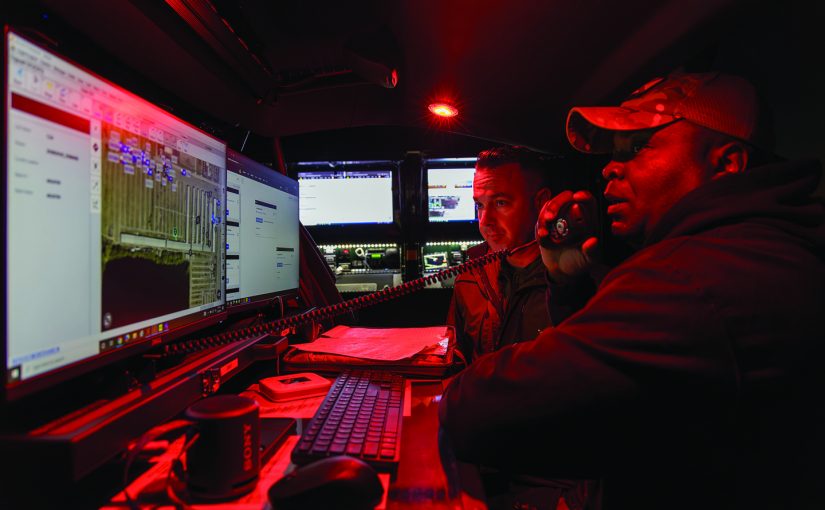Tactical Empathy
Integrating Negotiators with SWAT

As long as anyone could remember, the Pinellas County, Florida, Sheriff’s Office (PCSO) Special Weapons and Tactics (SWAT) unit consisted of a Bravo and a Charlie team. Few of the operators ever questioned what happened to Alpha and Delta—like so much in policing and elsewhere, things had simply always been done that way. Only recently was it realized that, back in the mists of time, Alpha and Delta had been the designations for the agency’s Negotiator Response Team. Over the years, SWAT and negotiation had gone their separate ways, but now PCSO is in the process of (re)integrating their negotiators much more closely with SWAT.
It can be tempting to keep the two strictly separate. There’s a notion that negotiation is too touchy-feely, warm-and-fuzzy for members who joined SWAT to shoot machine guns and breach doors. But stereotypes hold people—and agencies—back, and there’s as much to be said for teaching the “meat-eating door kickers” about hooks and triggers as there is for training “empathetic negotiators” in ballistics and tactics. The best officers aren’t the specialists—the best are the ones who cross train, because every situation is fluid and whoever has the most tools in their belt has the advantage.
But there are obstacles, both practical and psychological, to integrating these two disciplines. Even language can get in the way. Look at the word choices in the previous paragraph. Those are the terms that each side used for the other in recent conversations. Negotiators are all about emotions, the stereotypes say, looking beyond the crime to the human within—verbal and cerebral to the point where they can’t consider tactics. And SWAT? Not that bright, the stereotypes say, but always eager to shoot or break something. There’s often a mutually condescending attitude, something dismissive in the terminology that SWAT throws out about negotiators, and vice versa, as if the other were somehow second rate, something to be attempted for the sake of appearance or policy but not the preferred method of resolving a situation.


